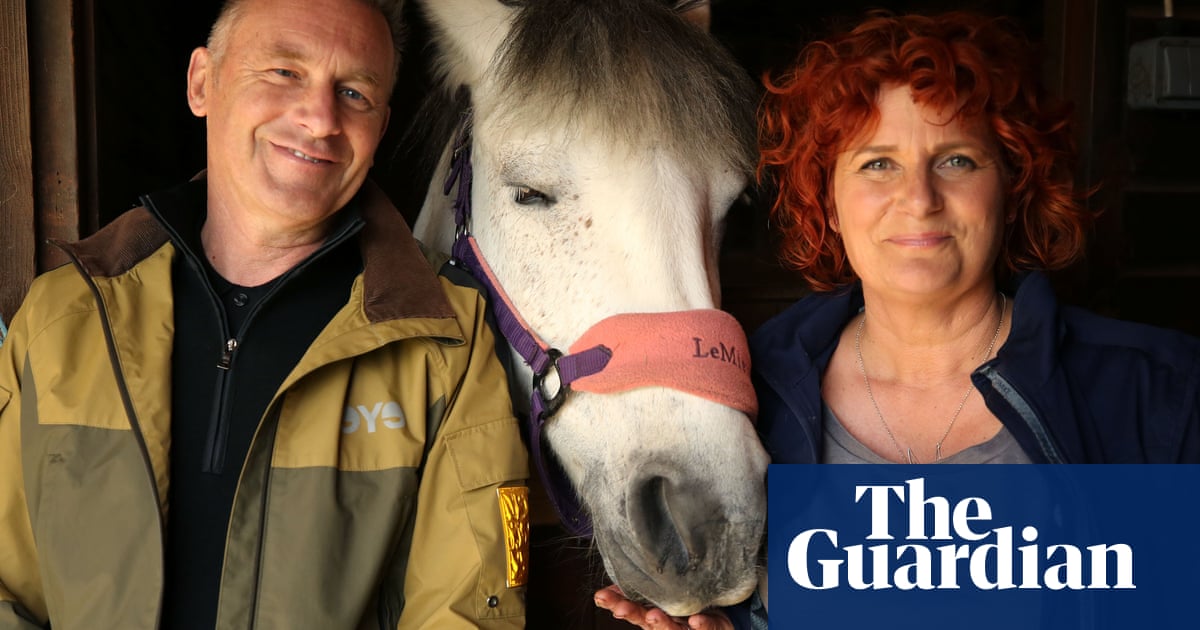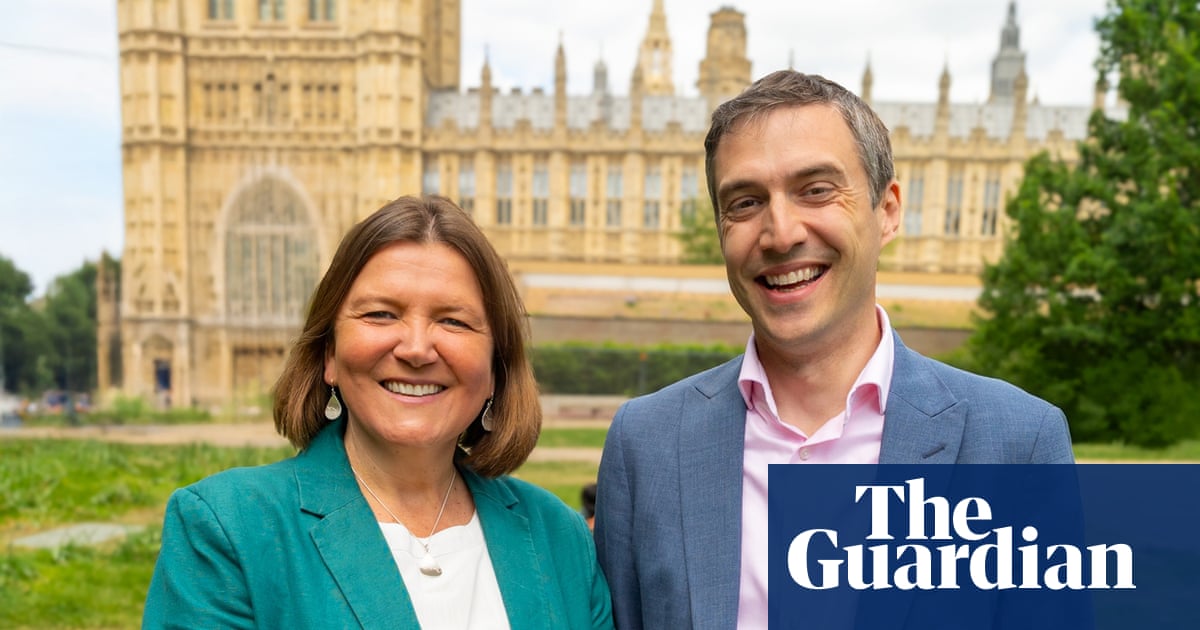When Héctor Germán Oesterheld wrote his horror comic strip El Eternauta in 1957, it was simply a piece of speculative fiction.
Set in Buenos Aires, the story begins when toxic snow begins to fall, killing all of those it touches. As the world descends into chaos, humans turn on one another, and the hero is forced to fight to survive.
Two decades after the comic was first published, the story gained a darker, more sinister edge, when leftist Oesterheld and most of his family were forcibly disappeared by Argentina’s military dictatorship.
“El Eternauta was a parallel of what happened to Argentina, what happened to me,” said the author’s widow, Elsa Sánchez de Oesterheld, before her death in 2015. “My family was destroyed just as our country was destroyed.”
Now, a Netflix adaptation of the comic has reignited interest in the Oesterheld family – and in particular, in the fate of Oesterheld’s two possible grandchildren.
During its 1976-83 assault on Argentina’s citizens, the military crushed any potential opposition, killing or disappearing an estimated 30,000 people. Included in that number were Oesterheld, his four daughters and his four sons-in-laws.
To date, their exact fate remains unknown. And because two of the daughters were pregnant at the time of their disappearance, so is the fate of Oesterheld’s two potential grandchildren.
One would be the child of Diana Oesterheld, who was 23 when she was abducted in 1976, and six months pregnant. The other would be the child of Marina Oesterheld, abducted in 1977 at the age of 20 while eight months pregnant.
Under the military dictatorship, pregnant prisoners were often kept alive until they gave birth. Afterwards they were murdered – some thrown alive from so-called death flights – and their newborns given to military couples to raise as their own. An estimated 500 babies were stolen.
Following the premier of the streaming adaptation of El Eternauta, the Abuelas de Plaza de Mayo, who have spent decades searching for the stolen children, and the human rights organisation Hijos have launched a new public appeal.
“Did you know that two grandchildren of the creator of El Eternauta are missing and could be alive?” Hijos posted online. “If you were born in November 1976 or between November 1977 and January 1978 and have doubts about your identity or know someone who does, we’ll tell you who your grandmothers could be.”
The Abuelas de Plaza de Mayo have been searching tirelessly for the missing grandchildren for decades. Oesterheld’s widow, Elsa, joined the organisation in the 1980s.
“She looked for her missing grandchildren until she died,” said Claudia Victoria Poblete Hlaczik, a spokesperson for the Abuelas, who herself was kidnapped as a child by the dictatorship and later reunited with her family. “The search has continued all of these years, for these grandchildren, and for all the other 300 still missing.”
Poblete Hlaczik said the grandchildren would be around 47 or 48 years old, and likely living unknowingly under false identities. “These crimes continue until their identities are restored,” she said.
The renewed search also comes at a critical moment, with the administration of Javier Milei sharply defunding policies aimed at preserving historical memory.
Several officials – including the president – have been accused of promoting denialist narratives and disputing the number of people disappeared by the dictatorship. As part of Milei’s sweeping spending cuts, hundreds of employees have been dismissed from the country’s human rights secretariat and the justice ministry. And in August 2024, the government shut down a unit that had played a crucial role in identifying babies illegally taken during the dictatorship.
Poblete Hlaczik said she hopes the adaptation of El Eternauta will bring attention to the values of “truth, memory and justice” in these days of “denialism”. “El Eternauta speaks of human values of charity, courage and collective efforts – which is very important during these times of individualism,” she added.
She said there is still hope to find the missing grandchildren despite the current challenges: in January, the 139th grandchild was identified.
Before her death, Sánchez de Oesterheld said she hoped her lost grandchildren will one day “know who they are and where they belong, their origins, their roots”.
“My struggle all these years is so that my grandchildren know their truth,” she said.

.png) 20 hours ago
4
20 hours ago
4













































